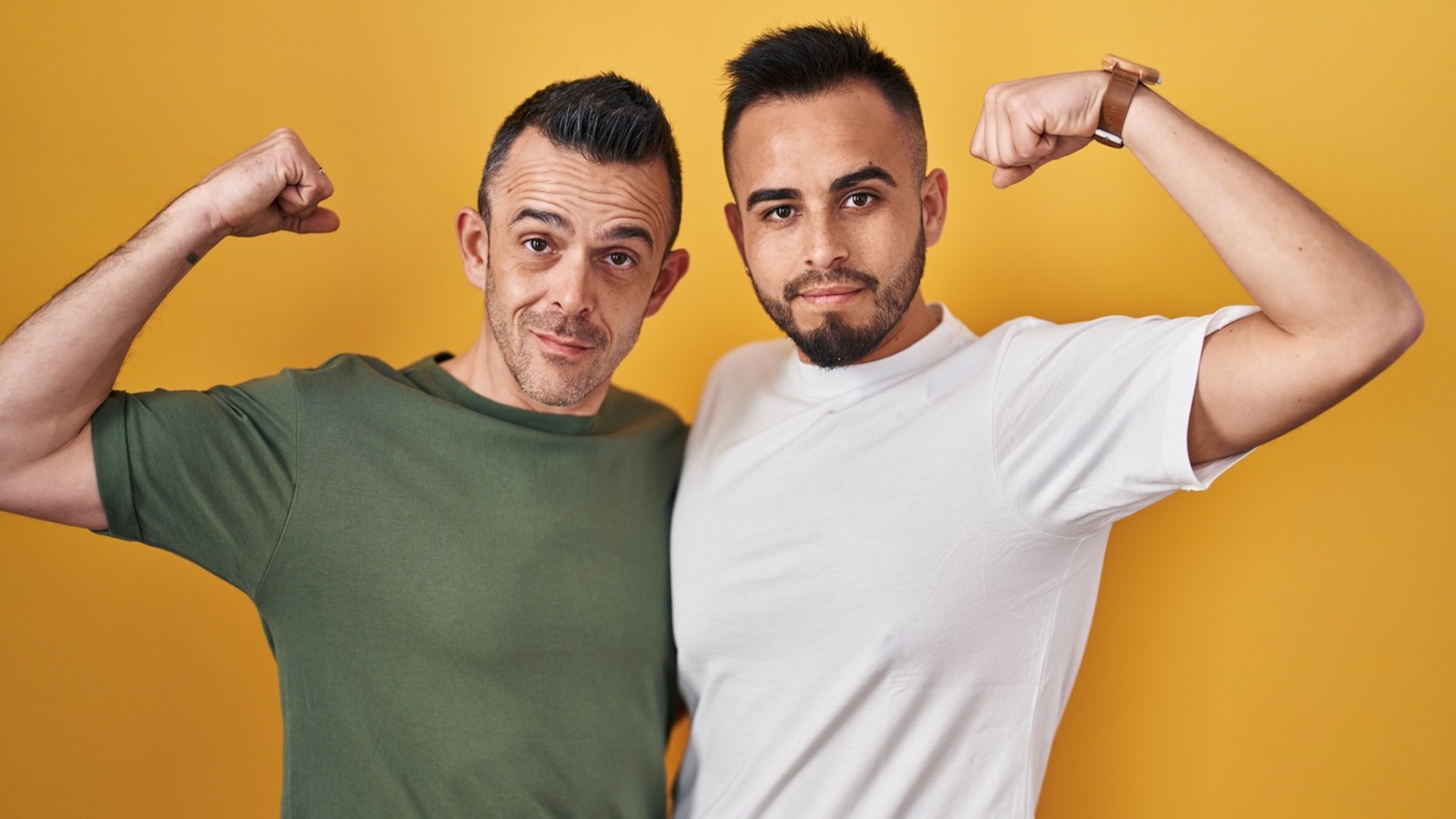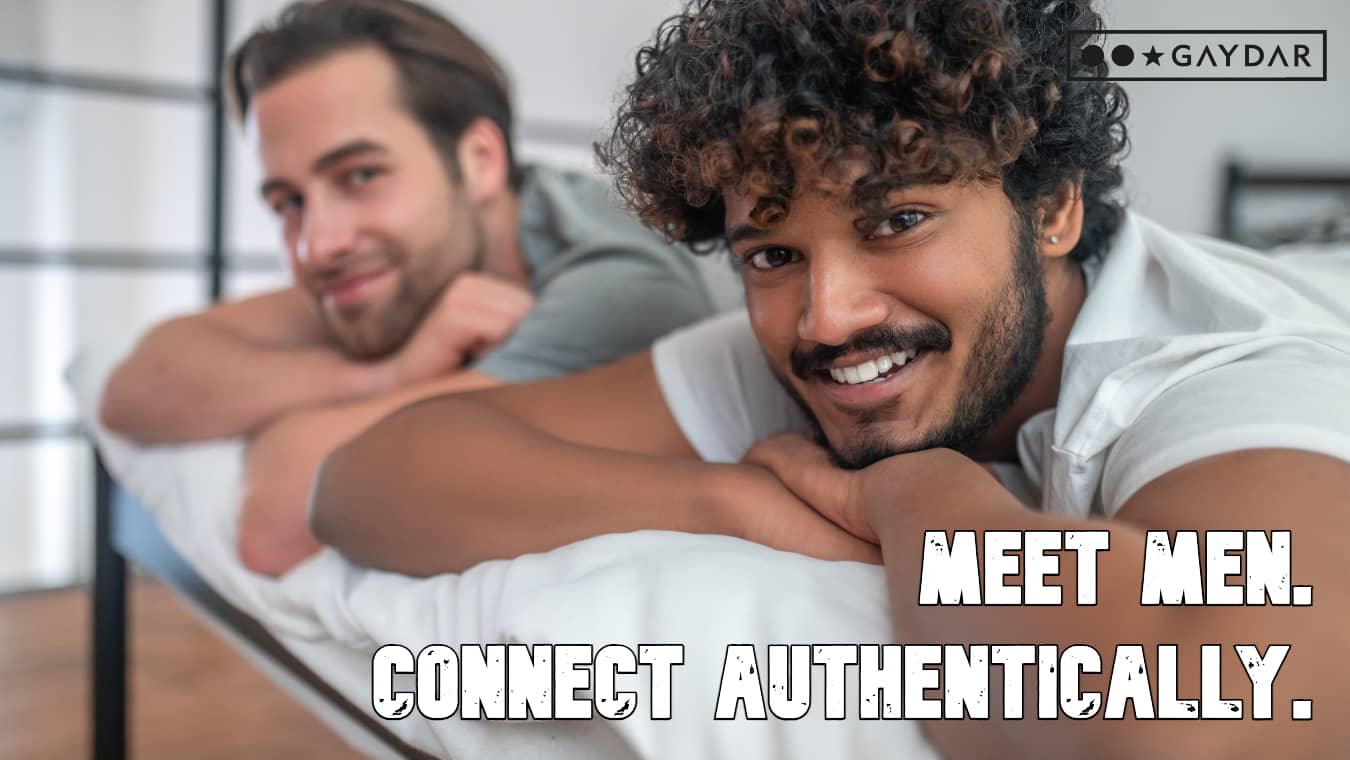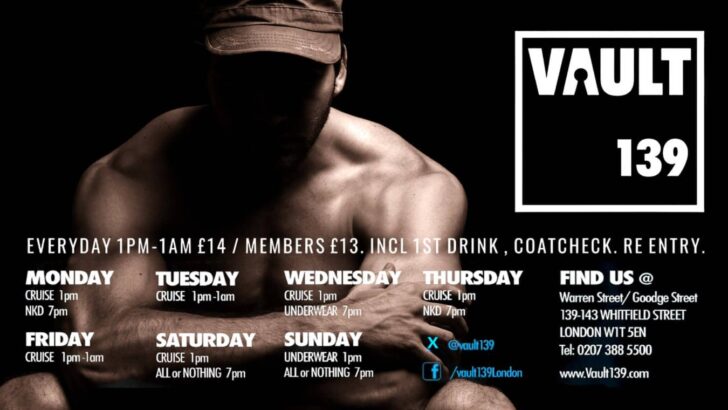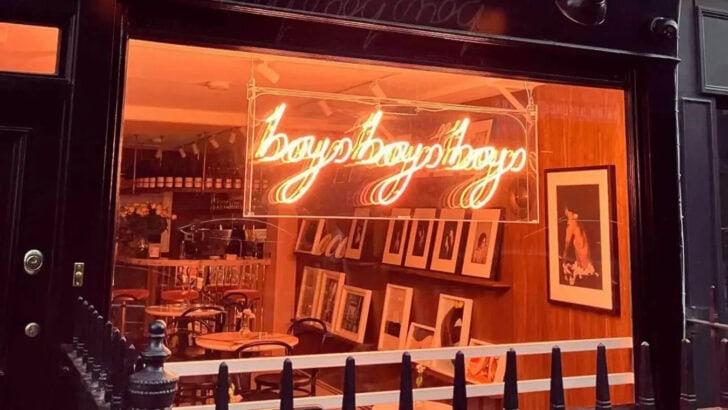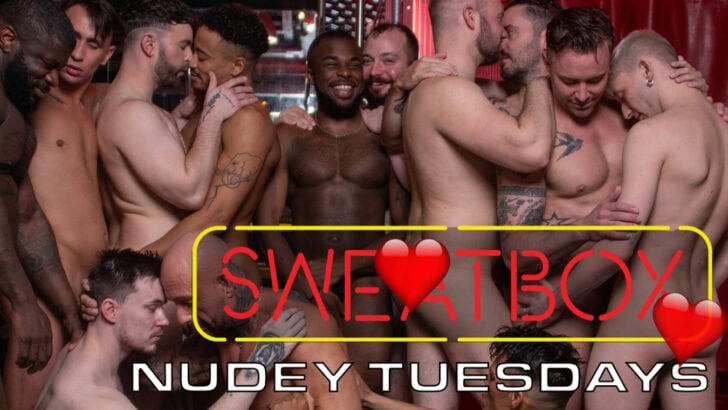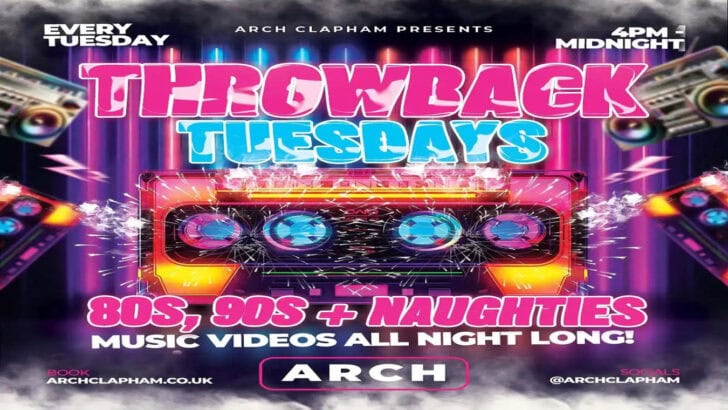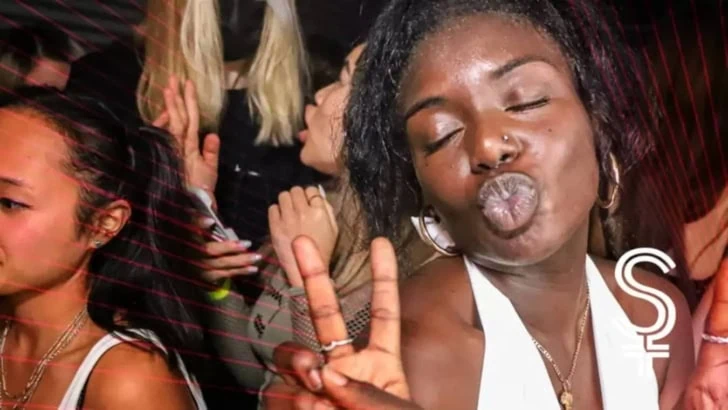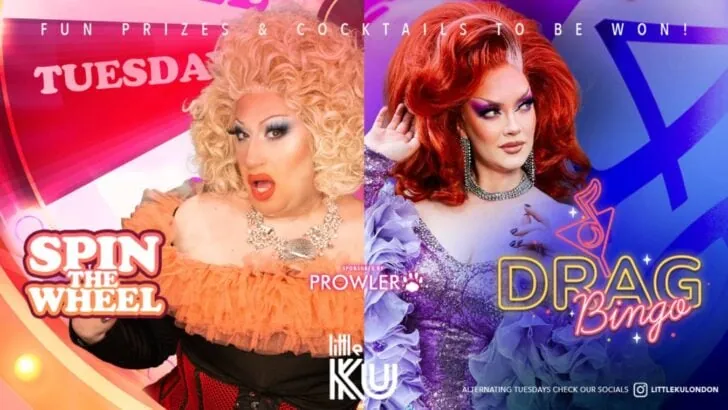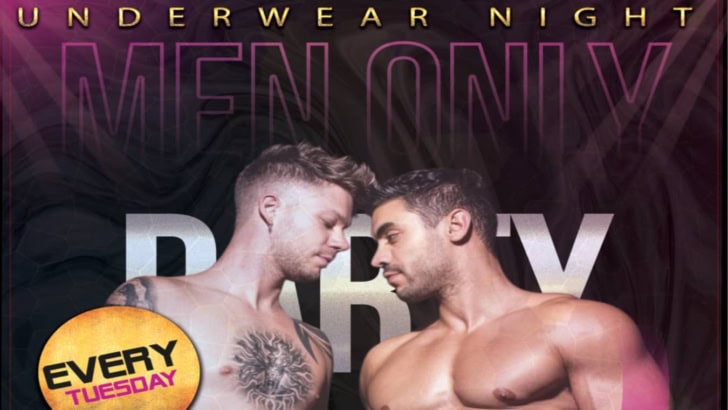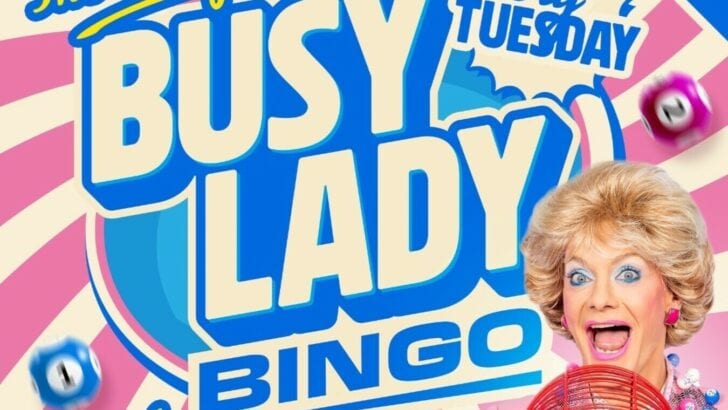You could have sex with a stranger tonight, no problemo. But asking him to stay for a cuddle and a chat? Terrifying!
You spend hours searching, seeking and scrolling on Grindr (or any app), starting up conversations that never go further than a few messages, some pics… and that’s it. The mention of a date and it’s tumble weed…
Or maybe you’re the opposite. You fall hard and fast, imagining fantasy futures with men you barely know. Then watch them pull away when things get real.
Sound familiar? This was my story, pinging between all three of the above time and time again like a demented gay merry-go-round. And it’s the story of so many of my private Love Sex & Intimacy coaching clients.
Most gay men I work with are brilliant at performing intimacy but terrible at actually experiencing it, living it, andembodying it. We’ve learned to simulate connection through hookup apps, fast sex and fantasy thinking whilst keeping ourselves completely protected by our masks and walls.
And it’s killing our chances at real love and intimacy.
The First Rejection: Yourself
Intimacy struggles didn’t start with Grindr or the other apps. They begin much earlier. In childhood bedrooms, where you first realised you were different. Or in school corridors where “gay” was the worst insult. And at family dinners where you learned to edit yourself, the way you spoke or moved your hands when you expressed yourself.
We split ourselves into acceptable and unacceptable parts. The football-playing version? Acceptable. The sensitive one who prefers the company of girls to boys? Unacceptable. The class clown acting up to make everyone else laugh? Acceptable. School choir, learning to play the flute, wanting to do dance and drama? Unacceptable.
One of my private clients, a successful lawyer in his early forties, came to me unable to maintain relationships beyond three months. “I sabotage everything. I start creating trouble and drama where there is none. I start well but then end up feeling unworthy and unlovable, and as if I don’t deserve this person who clearly is into me!” he told me in our first consultation.
But as we unpacked his history, a pattern emerged. At 17, he’d overheard his father saying to his mother, “I’d rather have no son than a gay one”.
He’d spent his whole adult life trying to prove he could be lovable despite being gay. Always accommodating. He shrinks himself to fit other people’s comfort zones. Always trying to win his father’s love and approval through co-dependent, toxic relationships.
“If my own dad wouldn’t accept me, how could anyone else?!” was the driving force behind his daily subconscious thinking.
No wonder intimacy felt impossible or love was constantly out of reach. He’d never learned he was worthy of love as he actually was.
The Second Rejection: Your Tribe
Then you finally come out. You ‘find your people’. Finally, acceptance awaits. “At last, I’ll be seen, witnessed and known for who I really am!”
Except, so often, sadly, it doesn’t turn out that way.
The gay scene has its own brutal hierarchy. Too old. Too young. Too femme. Wrong body type. Wrong sexual role. The bears go to this bar, the twinks go to that bar, and never the two shall cross!
We escaped one form of rejection only to encounter another. This time from the very people who were supposed to welcome us with big, open, gay loving arms.
I’ve watched this play out in my own personal life as a 42-year-old gay man. And in my community of gay men and private clients…
Men who’ve survived family rejection, religious condemnation, societal prejudice and finally the last blow of being pushed out by their own tribe.
The cruelty is almost Shakespearean. We’ve internalised every judgment ever thrown at us, and then we turned those weapons on each other.
One client described it perfectly when he said, “I thought finding a gay community would heal me. Instead, I just found new ways to feel inadequate”
My heart cracked open when he said that. It’s when I decided to be the gay I want to see in the world, and truly devote my life to changing this within our gay communities. It’s what Pleasure Medicine is born from. It’s my connection workshop and ecstatic dance for gay men. It’s what Slow Dating+ for gay men is all about. And it’s what my private work with clients is rooted in.
The Swipe That Broke Us
Then came the apps. And they didn’t just change how we date. They fundamentally altered how we see and feel about each other, as well as how we date, relate to, and communicate with one another.
We’ve become sorting-sifting machines. Swiping left on human beings within seconds based on a handful of photos and stats. We assess, categorise, and dismiss all before knowing a single genuine thing about them.
The really sad part?
We’ve now internalised this process, and we do it in real life.
Someone approaches us at a bar, and our brain immediately runs the calculation. Too short. Not muscular enough. Probably boring. Next.
We enter a gay workshop like Pleasure Medicine or Slow Dating+ and we scan the room, deciding within seconds who is for us and who isn’t. But I break down those neural pathways through slowness, presence and authenticity.
We’re swiping left on people in real time, often before they’ve even finished their first sentence! We’ve been conditioned to commodify each other so thoroughly that we can’t remember how to simply be curious about another human. A human who has a heart, a soul, a story.
I wonder how many friendships I’ve missed out on because of that immediate left swipe in my mind.
I created my Slow Dating+ event and Pleasure Medicine specifically to interrupt this pattern. To force us to actually look at each other beyond our immediate assessments. To discover that the person we’d have swiped left on in two seconds flat might actually be fascinating, beautiful, and perfect for us if we gave them more than a glance.
But unlearning this reflex takes practice. Conscious, repeated practice. And we don’t have many spaces or places to do this practice.
The Performance Trap
So we arrive at adulthood carrying all this baggage: self-rejection from childhood, community rejection from our own tribe, as well as dehumanisation from app culture.
Is it any wonder we struggle with intimacy?!
We’ve learned that being seen equals being hurt, that vulnerability or authenticity leads to rejection and that our true selves aren’t lovable or worthy.
So we perform and pretend, and we become really good at staying completely protected.
One client came to me with a compulsive, addictive, and, in his words, “a problematic relationship with porn and sex”.
“I can hook up with a new guy every few days,” he said. “I can just go and go and it’s intense for sure, but it’s empty. I’m not connecting. I can feel the physical, but nothing emotional. And when they wanna see me again, I freeze, and ignore. I don’t like this about myself”.
As we explored his subconscious beliefs around intimacy, we found a simple but devastating core belief: “If they really knew me, they’d leave”.
He was terrified of actually being known beyond the sexual prowess he lived behind.
So he made sure guys never really knew him. Problem solved. Except it meant never experiencing genuine love, affection, intimacy or emotion, which is what makes sex so much deeper, more powerful and exquisite.
By working through this and actively changing his habits, he started to cultivate more meaningful sexual connections and friends with benefits (with an emphasis on the ‘friends’ part!).
What Real Intimacy Actually Requires
True intimacy isn’t complicated. But it is scary!
It requires showing up as you actually are. Not the curated version or the performative one, but the messy, imperfect, human you.
It’s about sharing the things you’re ashamed of and the vulnerabilities you usually hide. And it’s also about connecting to the needs you’ve learned to suppress.
And ultimately, it means learning to be seen. Really seen. And trusting that you are lovable just the way you are.
For most gay men, this feels impossible because we’ve spent our entire lives learning the opposite lesson. And it does also mean facing rejection. Some guys won’t like you showing the real you, or wanting to know the real them! That’s hard!
But what I’ve discovered through my work with gay men and on my own healing journey is that you can unlearn these patterns. Your nervous system can update itself to feel safety, love and intimacy all at the same time. You really can develop a genuine capacity for intimacy, but it takes work, healing and support!
The Body Knows What the Mind Denies
Intimacy isn’t primarily psychological. It’s actually physiological.
Your body holds all those early experiences of rejection in your nervous system, where it learned that being the real you equals danger. This vulnerability leads to pain.
You can intellectually understand your intimacy struggles and still feel completely hijacked by them in the moment.
This is why talking about your patterns alone helps, but often isn’t enough. You have to work with the body and with the actual felt sense of safe connection. This is what ‘somatic’ means in Somatic Healing. The soma is the body.
In my connection workshops, such as Pleasure Medicine, gay men practice being genuinely present with each other with no performance, no assessment.
The first time is always uncomfortable. Men who can confidently navigate a dark room suddenly can’t make simple eye contact in the light without laughing nervously. That’s normal.
But this kind of vulnerability shifts through repetition. The nervous system starts updating its software.
“Oh. I can be seen and not rejected. I can be vulnerable and survive. Connection doesn’t lead to discomfort or pain”
And this isn’t a way of being you can simply think or talk your way into because you have to experience it in your body. That’s where it matters.
The Beliefs Running Your Love Life
Most intimacy struggles come down to a handful of core beliefs formed in childhood and reinforced by experience:
“I’m only lovable if I’m perfect”
“If they really knew me, they’d leave”
“Needing someone makes me weak”
“I’m too much/not enough”
“Love always ends in abandonment”
One of my clients believed relationships required constant effort and changing himself to accommodate others’ needs. We traced this back to growing up with an alcoholic, manic parent. He’d learned that love meant managing someone else’s emotions whilst ignoring his own. He learned to tiptoe around other people’s needs, becoming hyper-vigilant about every little micro-moment and what might happen.
Now, these beliefs, like “I don’t matter”, operate unconsciously. You don’t actively think “I’m unlovable”. But your behaviour reveals what you really believe.
The breakthrough happens when we bring these beliefs into conscious light and actively challenge them through physical lived experience.
Breaking the Pattern
Healing intimacy wounds isn’t about fixing yourself because you’re not broken. You adapted brilliantly to difficult circumstances, that’s all.
But those adaptations that once protected you are now limiting you. The walls you built to survive childhood aren’t necessary or helpful anymore. You can dismantle those defences one by one and totally change your love and sex life for the better.
This is the process step by step, and it’s what I teach in my workshops and guide my private clients through:
- Naming your fears instead of hiding them: say out loud what you’re insecure about. Say it to your date, your partner and to yourself. You’ll be shocked at the connection it can actually build.
- Practising vulnerability in safe spaces: before attempting it in high-stakes situations, practice it in low-stakes spaces such as workshops, where it’s the whole point.
- Developing body awareness: become in tune with your nervous system and body responses so you can notice when you’re shutting down, being triggered or performing instead of being honest.
- Building community and connection: finding spaces where authenticity, kindness, connection, care and community are valued. Places where you can practice being imperfect without rejection.
- Getting the right support: working with a coach or a therapist who can help you see your blind spots and update those unconscious beliefs and nervous system responses.
Every gay man I work with privately reaches the same realisation eventually; the thing they’ve been most afraid to show is exactly what makes them lovable!
They realise that the vulnerability they’ve been hiding, the needs they’ve been suppressing, and the imperfections they’ve been managing are all gateways into healing and connection.
But you can’t just decide to be vulnerable and expect it to work one day. Your nervous system needs to learn, through actual experience and life, that intimacy can be safe. And it requires patience, practice and sometimes professional support.
Over To You
If you’ve recognised yourself in these patterns, know that you’re not alone. Nearly every gay man I encounter struggles with intimacy in some way.
And you’re not damaged or broken. You’re carrying understandable responses to difficult experiences throughout your life.
But you don’t have to keep carrying them. You can learn new ways of being. You can develop a genuine capacity for intimacy.
It starts with getting honest about where you’re stuck and then finding the right places, spaces and support for the deeper work of transformation that’s waiting for you.
Lots of Love
Gary x
More about Gary Albert
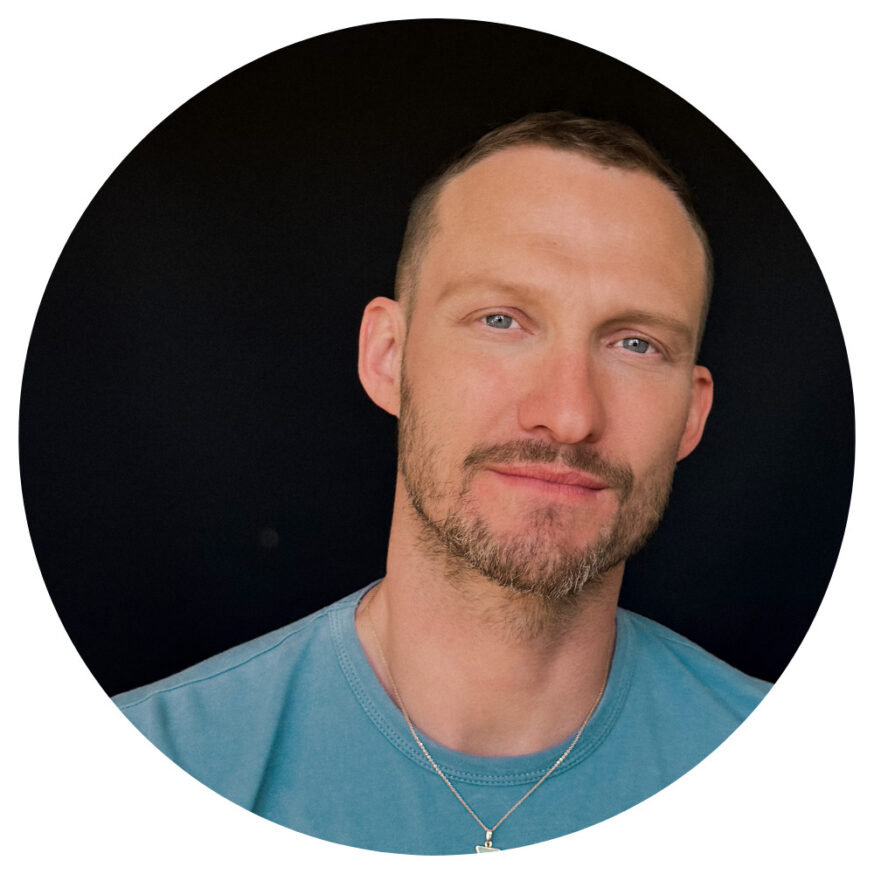
Gary is a therapist, embodiment facilitator, somatic bodyworker, award-winning music maker, conscious DJ and writer. He’s the creator of Pleasure Medicine, a bi-weekly connection workshop and ecstatic dance for gay men in London that blends conscious movement with embodied connection.
With over a decade of experience as a facilitator and therapist, Gary is devoted to helping gay men unlock their pleasure centres, soften shame and rediscover joy, intimacy and sensuality through dance, touch and celebratory sexuality.
He is a guest columnist for queer culture magazines and writes personal essays, opinion pieces and cultural reflections, always from the perspective of being in the waters with the reader, trying to work it all out together.
Connect with Gary:
- Book your ‘Pleasure Medicine’ ticket: www.pleasuremedicine.co.uk
- Learn about Slow Dating+, where you meet men without the masks and learn to date, relate and communicate.
- Get your free E-Guide ‘Stop The Scroll: Create A Dating Profile That Attracts The Right Men — the 3311 formula that creates a standout bio and makes men message’ https://www.pleasuremedicine.co.uk/bio.
